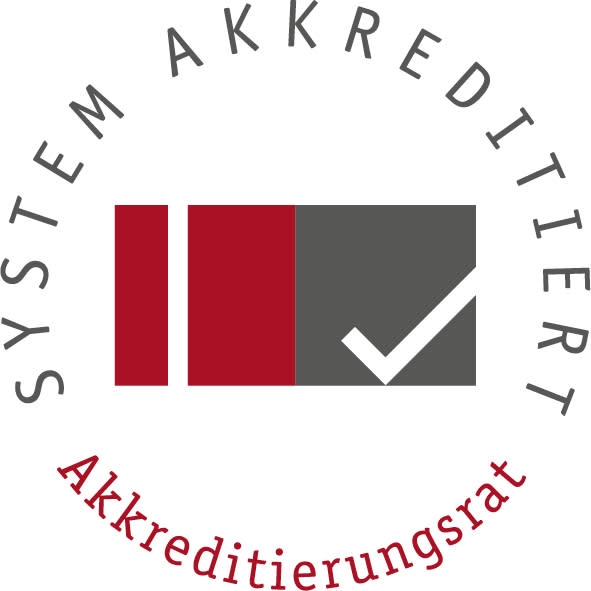What the study is about
Changes in adult education. A comprehensive look at the international requirements of further education and its pain points in the age of digitalisation.
Education is in high demand, especially among adults. For many people, lifelong learning is the be-all and end-all. And it’s the key factor driving further education. But for what purpose do people want to continue their education nowadays? First and foremost, it’s about personal development. But one in two people would also like to continue their education in a professional context. The main goal here is to develop professionally and keep up with technological advancements and the topics of the future.
So there is generally a high level of interest in further education. Two thirds already know exactly what knowledge they want to acquire. By contrast, one third do not know exactly what further education opportunities are actually available. What’s problematic is that 40 % of the respondents who have already specifically looked into further education courses were unable to find any opportunities that were suitable for them. The reasons for this? The content of the courses on offer does not exactly match the further education they are looking for – and they also feel that the courses are not flexible enough.
Once these hurdles are overcome, the feedback is quite positive: two thirds of those surveyed internationally have had very good experiences with further education. The reasons for the positive feedback were, in particular, the content of the further education programme and the specialist support. Increasing digitalisation also plays a major role in further education. Nowadays, online teaching is the clear preference. In particular, students want online teaching with flexible lessons.
All in all, digital further education courses are more relevant than ever before. They offer students the opportunity to integrate personal and professional further education and development into their everyday (working) lives in a modern and individual way. And they want to be able to do this remotely and flexibly.
Studie als PDF herunterladen
Five important takeaways. For international upskilling:
Further education. A personal matter. Further education is important, there’s no doubt about that. Even though one in two people would like to continue their education for professional reasons, there is one thing that is most important to the majority of respondents, and that is personal further education – regardless of their profession. Simply because they are interested in a particular subject.
Positive experiences. More than two thirds of those surveyed have already had very good experiences with further education. For more than half, the curriculum perfectly matched their own personal goals. The quality of the learning content and the professional approach of the specialist staff also ranked highly among 46.9% of respondents.
Information is everything! Well over half of those surveyed internationally have already found suitable further education courses. The rest are still looking. Those who have already looked into it but have not yet found anything are primarily concerned about the lack of flexible courses with suitable content.
More flexibility with online learning. Even further education is influenced by current trends: online teaching is generally preferred internationally. Best of all with flexible, self-determined scheduling or in a virtual classroom online at fixed times. In contrast, only very few people want face-to-face teaching.
Added value should not be expensive. Flexibility, quality, individuality – we expect a lot from further education, especially when it comes to expanding soft skills. However, most people are not prepared to spend a lot of money on private further education. Students in European countries are somewhat more willing to do this than in other countries, but even here, the maximum they are willing to pay is €500.
Über diese Studie
Published: 14.12.2021
n=2.000; Internationally, half of the participants in each country were male and half female. Their ages are evenly distributed over the range of 26 to 55 years; 10 countries were included, each with 200 respondents. These were: Spain, Italy, France, Poland, India, Pakistan, Nigeria, South Africa, Brazil and Mexico.
Survey period: 03.06.2021-07.06.2021
Publisher: IU International University of Applied Sciences
Kontakt zu unserem Presse-Team presse@iu.org
und Research-Team research@iubh.de
Jetzt Studienbroschüre anfordern
Schön, dass Du Dich entschieden hast, alles über Dein Studium und die IU Internationale Hochschule zu erfahren. Fordere hier Deine Studienbroschüre an – kostenlos und unverbindlich.






